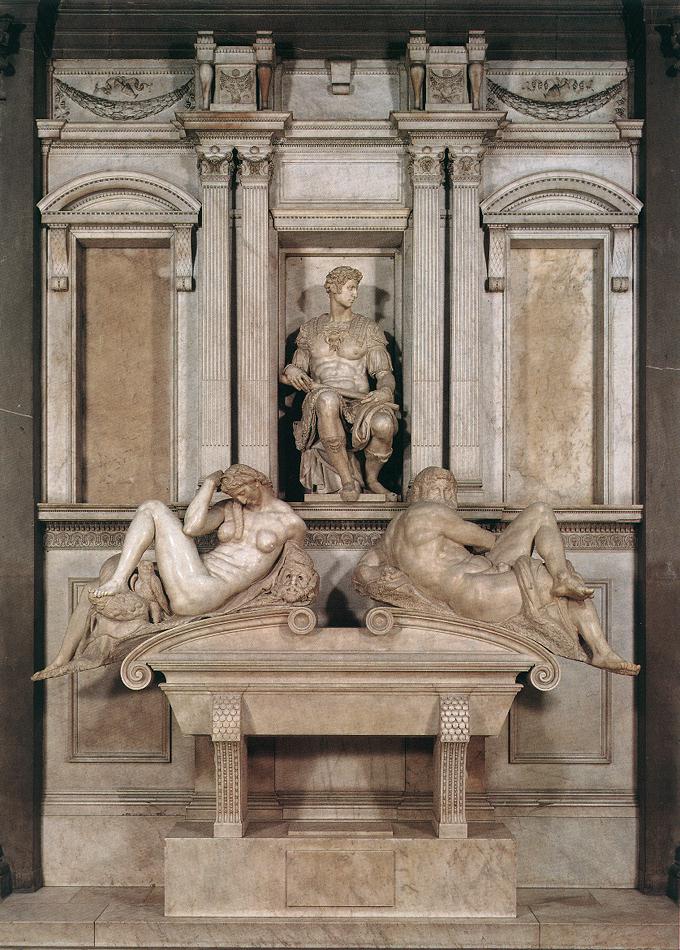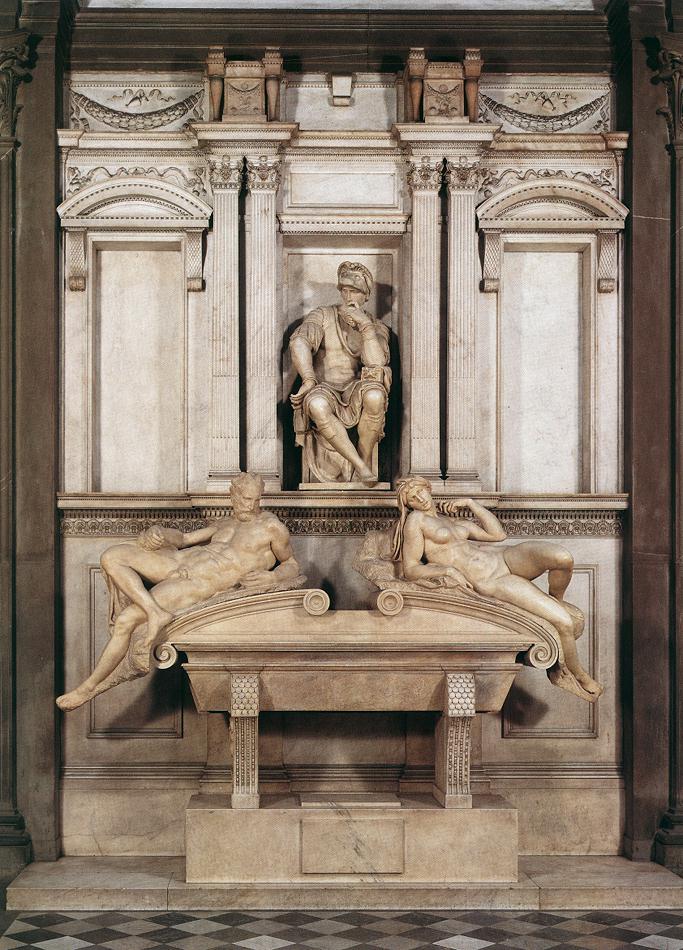On the Sarcophagi
by Mark Anthony Signorelli (June 2010)

The one man is stamped with an air of command. His contest is with men, – with their strength, with their excellence; his purpose is to be stronger than they are, to be more excellent than they are. His accomplishment is to rise by virtue, by prudence, by vigor, and by daring, to that position in the respect of his peers which begets authority, so that he need not obey the dictates of other men, but himself may propagate those laws which other men must obey. His code is the code of Diomedes, to excel all men in all things. He knows that the glory of man is freedom, and the perfection of freedom is rule, for only when we have power over others may we act at liberty, so every weakness constitutes an impingement upon our liberty. He hates cunning and cruelty, and the debased chicanery of intrigue, but he seeks power in order to more ably pursue justice.

The other man is marked by reflection. He has no contest with men; his struggle is the struggle of Jacob, who wrestled with the divine. He too desires freedom, but he knows that his soul is imprisoned most securely by his false reasoning, by his inordinate passions, and by a thousand vain desires, and it is against these enemies that his face is set. His triumph is over himself; to subject the passions to his understanding, to grasp truthfully the causes of things, to rest content in his fortunes, – these to his mind are victory and empire.
To comment on this essay, please click here.
To help New English Review continue to publish thought provoking essays such as this one, please click If you enjoyed this essay and want to read more by Mark Signorelli, please click here.